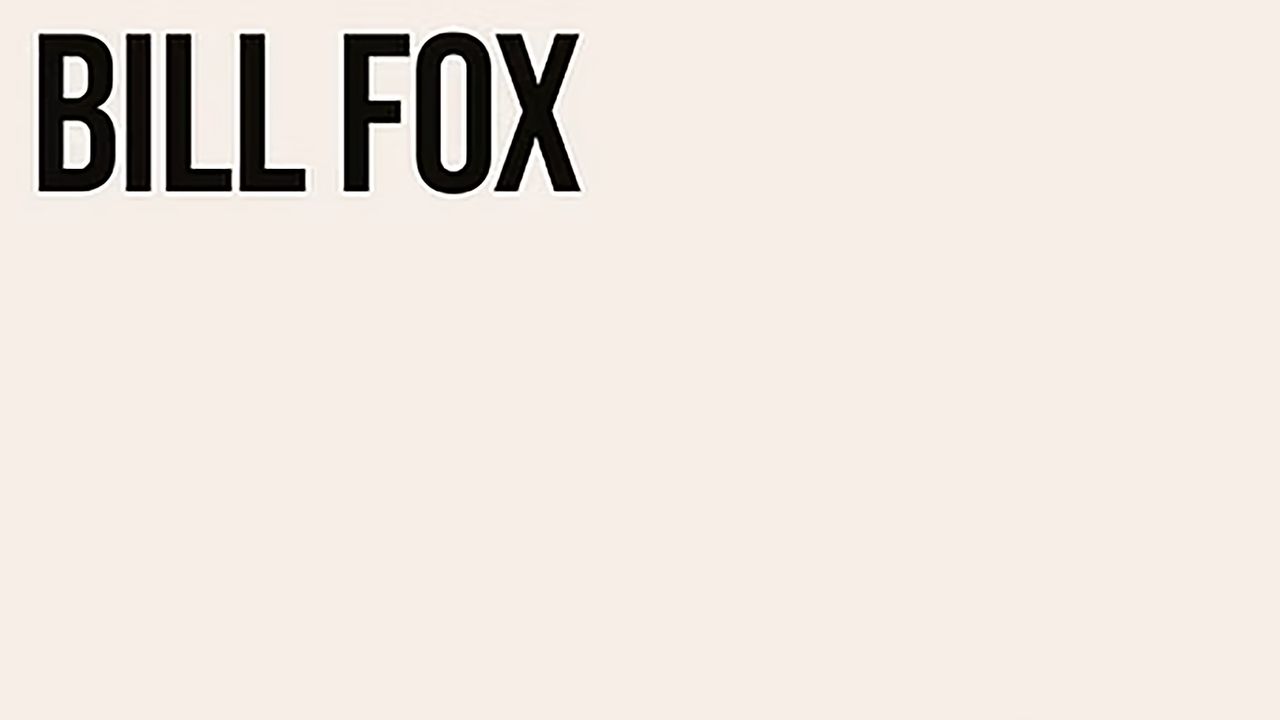The most notable thing we know about Bill Fox is that we know almost nothing notable about him, and that’s still more than he might like us to know. In the 1980s he fronted a short-lived but well-loved band called the Mice, whose brand of catchy, acerbic power pop inspired Elliott Smith and fellow Buckeyes Guided by Voices. He released a series of solo albums—like 1996’s Shelter From the Smoke and 1998’s Transit Byzantium—that are considered beloved cult artifacts. Yet he has consistently torpedoed any opportunity to become more than a cult artist. He broke up the Mice on the eve of a national tour, and he responded to a major-label offer by becoming a recluse. Fans and a few dogged journalists have sought him out in Cleveland and even located him, but Fox responds with prickly pleas for privacy. He releases an album or two every decade, although it’s unclear whether he’s still writing and recording or has simply amassed a big enough back catalog to mete out as needed.
Fox is cult by choice, but his music is neither extreme nor especially idiosyncratic. He draws from familiar sources—California folk rock, Midwestern power pop, British Invasion—and he seems to be a fan of Dylan, Springsteen (in particular Nebraska), the Beatles, maybe Big Star or Cheap Trick. He traffics in popular touchstones rather than obscure references, as though he wants his songs to sound familiar and accessible: easy to grasp and easy to enjoy. The lo-fi sound quality lends them a living-room intimacy, unfussy and first-take casual. Usually cult artists are cult artists because their vision is too esoteric to appeal to more than a few, but this doesn’t seem to be the case with Fox. He may avoid contact with fans and press, but his music seems to be a means of reaching out; his songs express an intense desire to connect with the larger world. “Let me come before you, let me lose this weight,” he sings on “Desperation.” “Take my hand and understand, say it’s not too late.”
There’s no trace of reluctance or ambivalence on Resonance, Fox’s first album in 13 years; it’s full of sharp lyrics, vivid imagery, crushing confessions, and endearing musical flourishes. Listen to the way Fox opens “My Servin’ Time” with a great rush of words, nimbly navigating the tricky rhythms and internal rhymes: “You’ve been grievin’ for me leavin’ and believin’ I’ll abandon you behind.” But also listen for that strange tape warble that punctuates the performance, as though Fox is recording to an old, warped cassette. Someone else might have scrapped that take, but Fox seems to appreciate the serendipity of the effect. The lo-fi setting might amplify the bitterness of “The Biggest Sale,” but it can also be close to magical. Some odd, unidentifiable something adds a strident beat to the first of “Terminal Way”—it might be a box top or saucepan—and then the chorus reveals it to be a tambourine. Hearing that familiar jangle is like watching a sleight-of-hand trick.
